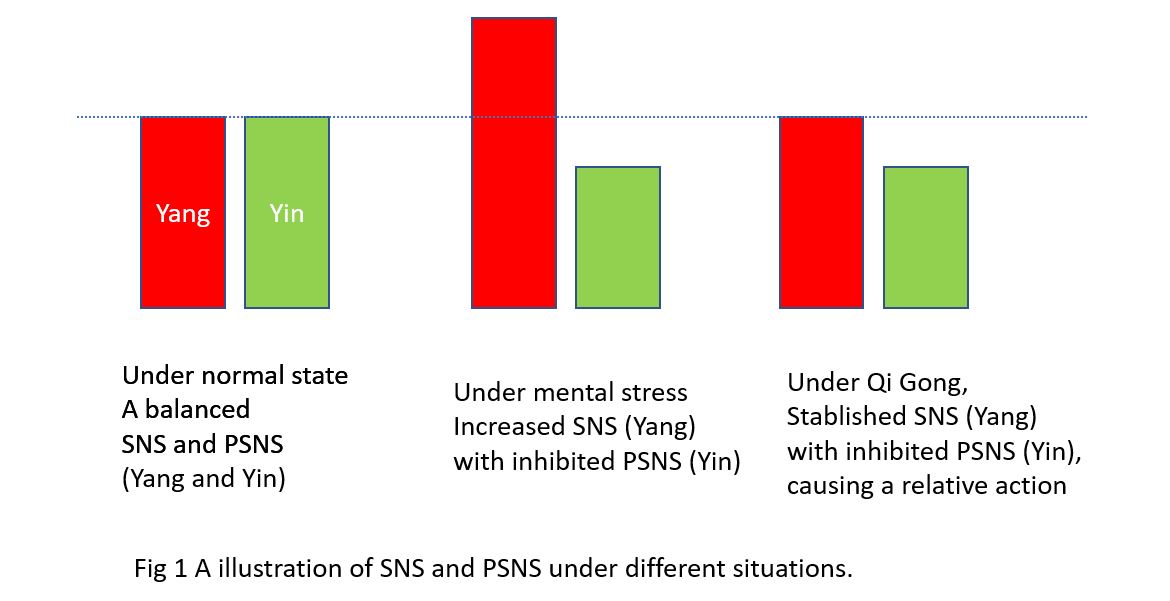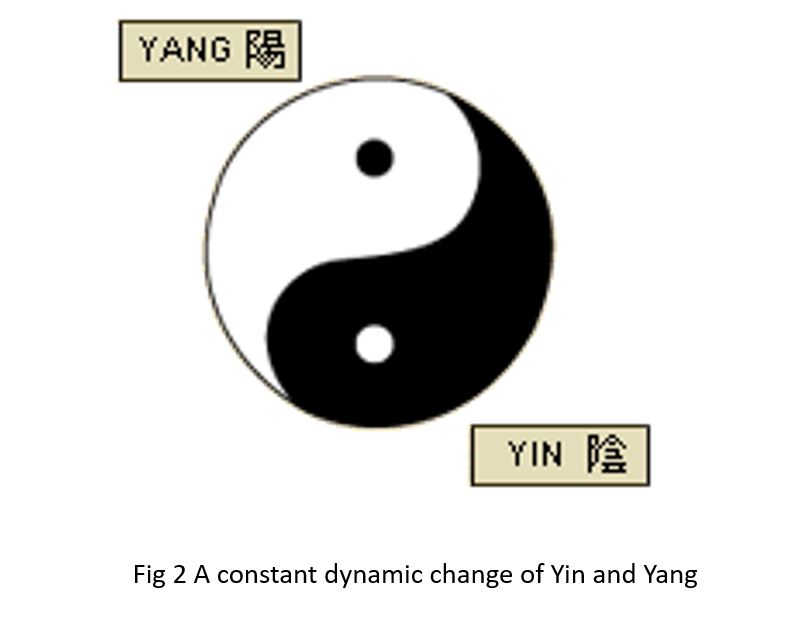At Geelong Chinese Medicine Clinic, we encourage most of our patients to take up Qi Gong exercise for its broad benefits on mental and physical well-being. A 2021 news report from ABC narrates a few stories, ranging from how Qi Gong helps an Australian para-olympian back to racing to how it facilitates the recovery of COVID-19 patients in China. Qi Gong’s wide range benefits on anxiety (1), physical performance (2) and pain (3, 4) have also been supported by systematic reviews or clinical trials.
So what is Qi Gong? Qi Gong means the arts or the skills of Qi. It is a form a Chinese medicine exercise with slow, meditative moments. It regulates breathing and emotion as well as improving physical strength and reducing pain. Qi Gong could be understood as a foundation of Tai Chi, a well-known exercise in Australia.
People often think Qi Gong relaxes as most people feel calmer and relaxed after the practice. But is it really how Qi Gong works? A group of German and Chinese researchers set out to answer this question (5): Does Qi Gong relax or regulate? They examined the action of para-sympathetic nervous system (PSNS) and sympathetic nervous system (SNS) among experienced Qi Gong practitioners using the technology of heart rate variability. The researchers made three main findings:
- Qi Gong practitioners experienced enhanced sense of calmness and vitality after Qi Gong practice.
- Qi Gong practice does not enhance the SNS, but inhibits the PSNS. (Fig 1)
- There is a constant micro-regulation of the PSNS and SNS. (Fig 2)

Let me interpret the findings with a plain language. The SNS is Yang as it is activated when we are excited and in action; The PSNS is Yin as it is activated when we are resting. A balance of Yin and Yang is the utmost harmonious state that people need to achieve.
Fig 1 illustrates the status of Yin and Yang under a normal, ideal situation, under mental stress and when practising Qi Gong. The findings show that Qi Gong induces the sense of vitality, not by enhancing the SNS (Yang) as that experienced under mental stress, but through inhibiting the PSNS (Yin). Practising Qi Gong leads to a combination of calmness and enhanced vitality, as if one is in a state of flow.

The researchers found that the alternating active and relaxing movements of Qi Gong is in synchronicity with the up and down regulation of the SNS and PSNS., i.e., there is a constant micro-regulation of the PSNS and SNS or Yin and Yang as shown in Fig 2, in which Yin and Yang is in a dynamic movement to achieve a balanced state as described in our previous blog.
To me this study is enlightening. Practising Qi Gong is like exercising your body’s capacity to regulate itself, to regulate the PSNS and SNS or Yin and Yang. Every time you do Qi Gong you are gently calibrating your Yin and Yang balance. What an amazing exercise!
References
- Liu F, Cui J, Liu X, Chen KW, Chen X, Li R. The effect of tai chi and Qigong exercise on depression and anxiety of individuals with substance use disorders: a systematic review and meta-analysis. BMC complementary medicine and therapies. 2020;20(1):161.
- Wang C, Liang J, Si Y, Li Z, Lu A. The effectiveness of traditional Chinese medicine-based exercise on physical performance, balance and muscle strength among older adults: a systematic review with meta-analysis. Aging clinical and experimental research. 2021. 10.1007/s40520-021-01964-2
- Curry L, Pike M, Lynch M, Marcon D, Sawynok J. Observational Study of Qigong as a Complementary Self-Care Practice at a Tertiary-Care Pain Management Unit. Evidence-based complementary and alternative medicine : eCAM. 2021;2021:6621069.
- Phattharasupharerk S, Purepong N, Eksakulkla S, Siriphorn A. Effects of Qigong practice in office workers with chronic non-specific low back pain: A randomized control trial. Journal of bodywork and movement therapies. 2019;23(2):375-81.
- Goldbeck F, Xie YL, Hautzinger M, Fallgatter AJ, Sudeck G, Ehlis AC. Relaxation or Regulation: The Acute Effect of Mind-Body Exercise on Heart Rate Variability and Subjective State in Experienced Qi Gong Practitioners. Evidence-based complementary and alternative medicine : eCAM. 2021;2021:6673190.
